Low-calorie and calorie-free beverages, where the calorie content is minimal or non-existent, are trending. The “generalized motivation” among consumers to want to change and improve their future health is giving rise to a very interesting emerging market of new beverages with hardly any calories.
The new trends that are imposing a healthier lifestyle, free of added sugars and with zero alcohol, on top of the adverse and counterproductive effects these components generate over the long term, make this low-calorie beverage category a new and rich source of opportunities for the industry.
Let’s see what’s moving in the market and how these new low-calorie options are bringing about a 180-degree turn in consumption habits and taking the place of other types of beverages with deep roots in traditional consumption going back years.
Low-calorie beverages, the new category that’s moving the market
Low-calorie and calorie-free beverages are ones that either have a very low-calorie count or are completely free of calories. Their calorie count is so low because they contain almost no common sugar or sucrose.
They are beverages that are causing a stir at the moment, especially due to wellness trends and that continuous desire to feel completely healthy and good in all senses, both physically and mentally. Other trends, like vegan diets and exercise routines, have been spurring their consumption in recent years.
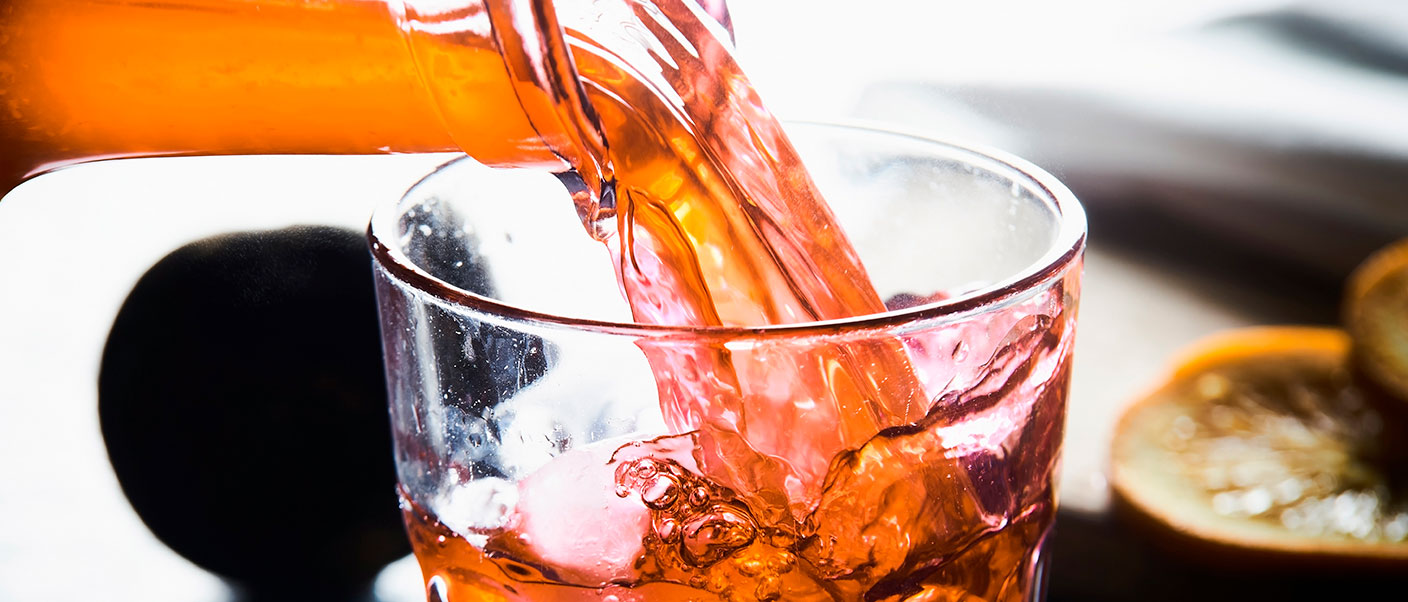
The industry, which is always alert to new trends and does not like to waste any time, got ahead of this by producing all types of teas, still and sparkling waters, very appetizing and delicious calorie-free smoothies and shakes for enjoying a series of flavours that conquered the palates of the whole world decades ago without the feared calories.
The efforts of the major brands to reduce calories in beverages
The numbers tell us that this shift to wanting to significantly reduce consumption of calories and sugar in beverages is costing the industry and the sector, particularly where soft drinks and sodas are concerned.
Specifically, the report on “2025 Beverage Calories Initiative: Report on 2020 Progress toward the Community Calorie Goal” for reducing calories in beverages by 20% per person over 10 years, and the initiative and commitment of some of the major soft drink makers released by the Keybridge LLC consulting firm, revealed that consumption of high-calorie beverages fell significantly in the United States, the country in which the study was conducted, in 2020.
The calories per person contained in soft drinks fell by 5.5%, which translates to an 11.8% drop since 2014 (the reference year). This because sales of low-calorie or sugar-free beverages grew by 58.7% in 2020.
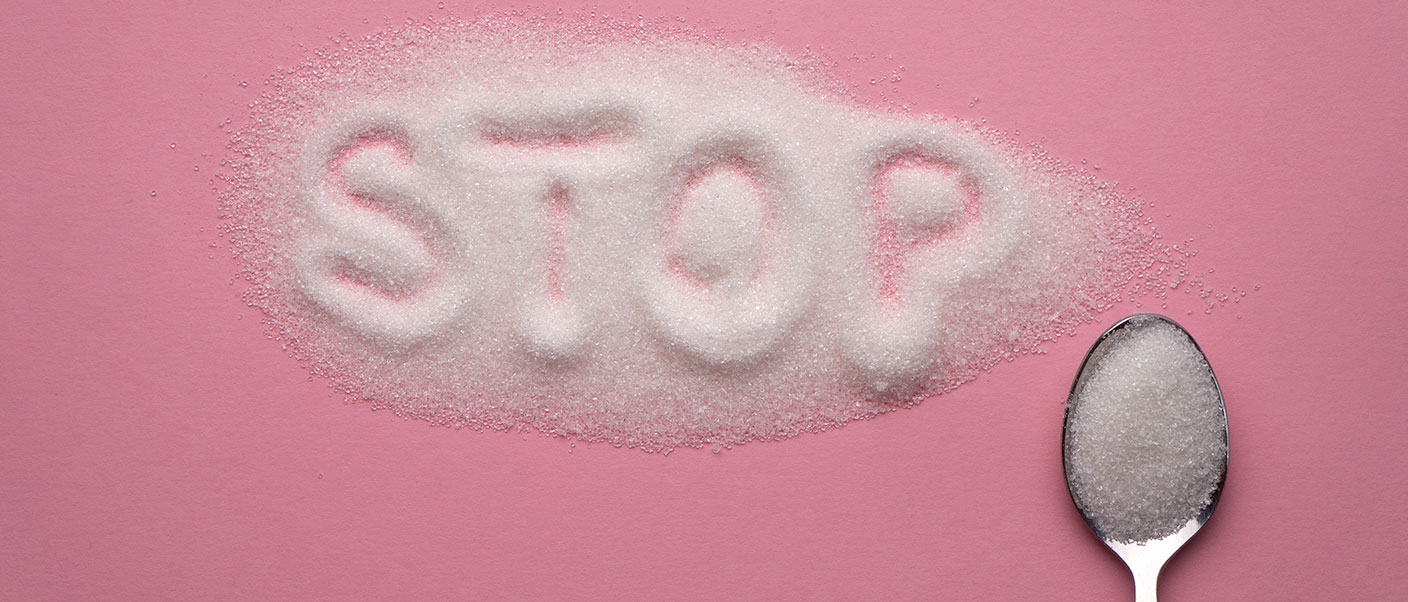
Other companies in the sector, like Mexican ones, are also undertaking major initiatives along these lines. They are focusing on reformulating some of their products to reduce sugar and calories. This has been done with over 50 beverages, including soft drinks and juices.
The most famous low-calorie and calorie-free beverages
Giving up those flavours we’ve known all our lives or the bubbles of the beverages that we’ve always consumed is an uphill climb. However, the sector is wise and unstoppable, and therefore capable of covering this market niche with new options.
1. Flavoured waters
These currently top the list of calorie-free beverages. They were born to satisfy the consumption needs of people who enjoy a refreshing formula with traditional flavours, but without calories, sugars and preservatives. This need is covered by flavoured waters. Companies like Hint Water and its fruit-flavoured waters, which they’ve managed to make completely transparent while maintaining all the nuances of berries and even watermelon. They have a still range and a sparkling range with 16 flavours. They also have a stronger option with caffeine and several “Hint Kids” versions for taking to school.
2. Flavoured sparkling water
Although they have bubbles, flavoured sparkling waters are being recommended more and more in weight-loss diets due to their very low-calorie content. They range from 2 to 17 calories per 355-ml container, and these come from the squeezed juice they contain. This is the case of Spindrift, a brand of sparkling water made with local, very natural and flavourful fruits.
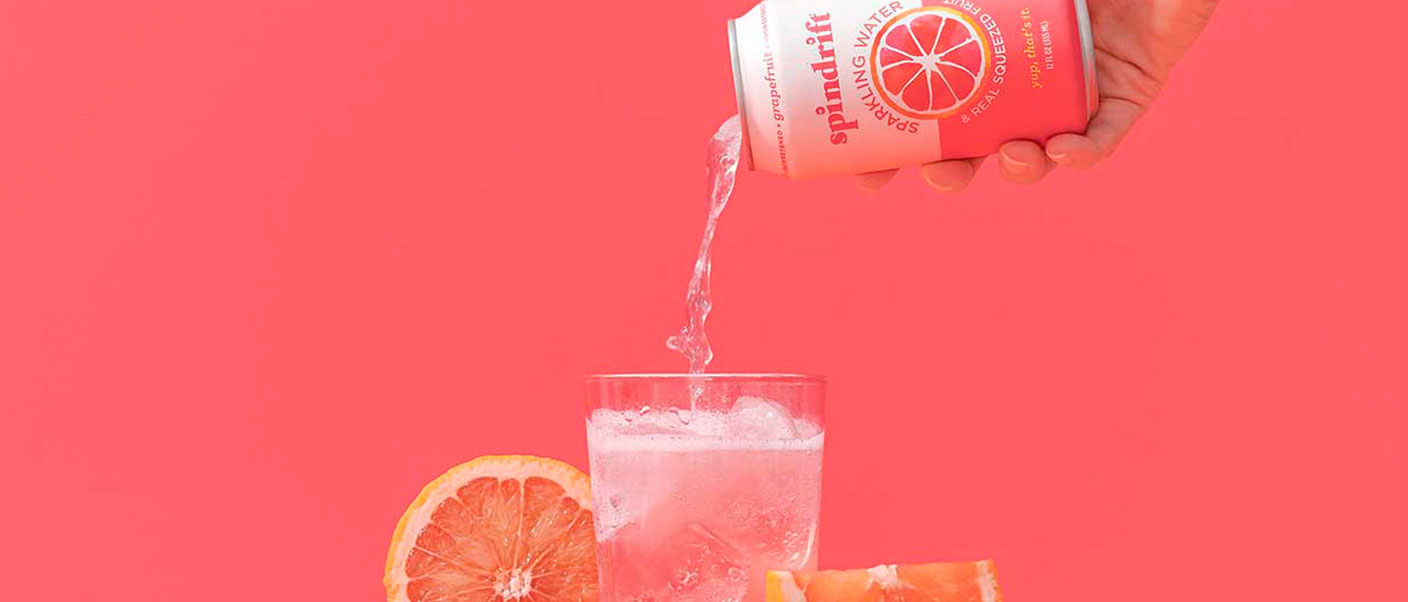
In this world of calorie-free flavoured waters, the American “La Croix” brand of the National Beverages Corporation is worth mentioning.
3. Herbal and organic teas
Herbal and organic teas are aiming high. The latter are characterized by containing no synthetic fertilizers, herbicides or pesticides, and they come from organic farming, which preserves and cares for the land and is sustainable and environmentally friendly. The majority of them do not contain a single calorie; that’s true of Klio Té, English tea, for example the black tea from Arbor Teas, so they can be enjoyed daily and at any time of day. These are teas with USDA certification that carry the certified fair trade seal.
4. Organic coffees
Organic coffees, which are very natural and do not contain chemical components or additives, are another calorie-free beverage alternative. They come from organic and sustainable farming.
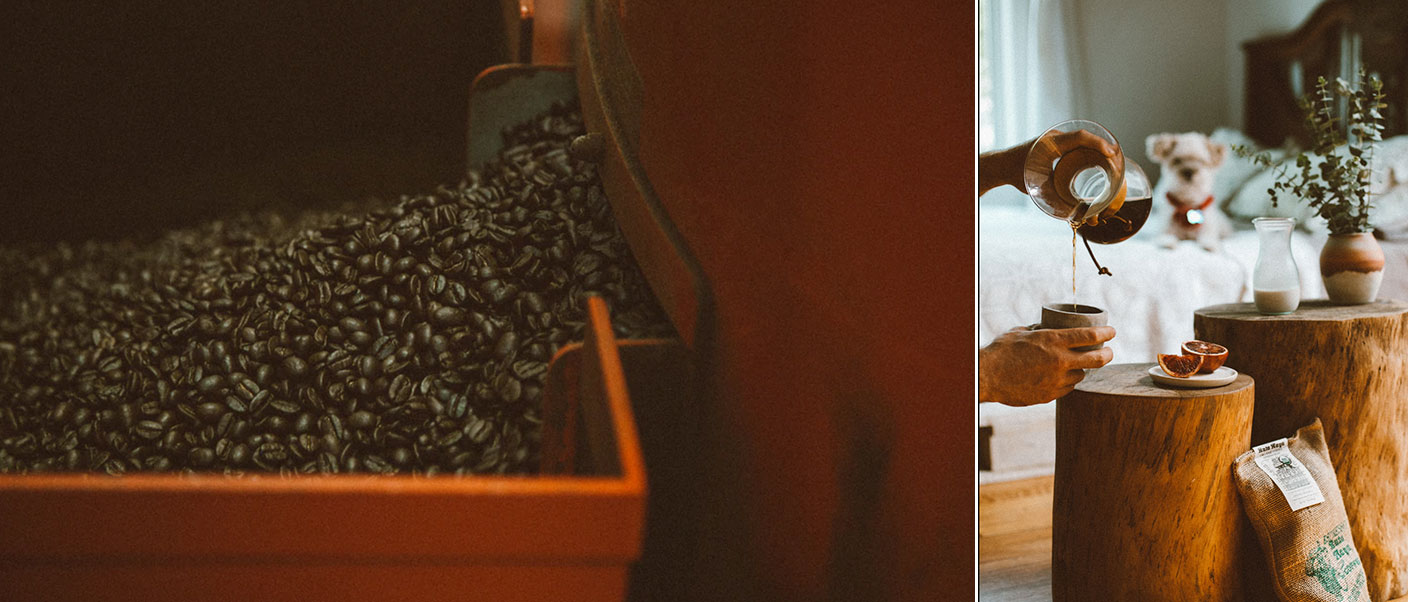
5. Very low-calorie artisanal chocolates and cacaos
As with coffee and tea, cacao or chocolate is another essential element in breakfasts and snack in half the world. It’s hard to enjoy them without knowing that their high calorie content represents a risk. Nonetheless, it’s now possible, because more and more very low-calorie options are appearing that allow us to consume them from time to time. This is because their components are completely natural.
Crio Bru Brewed Cacao is sold in beans like coffee.
6. Low-sugar almond milk
The only sugar component they contain comes from other natural ingredients, so they do contain some calories (between 35 and 100 in a 240-ml serving). It should be kept in mind that the majority of almond milks contain sugar, monosodium glutamate, soy lecithin and other components like dextrose. New Barn is an almond milk with fewer calories and more nutrients.
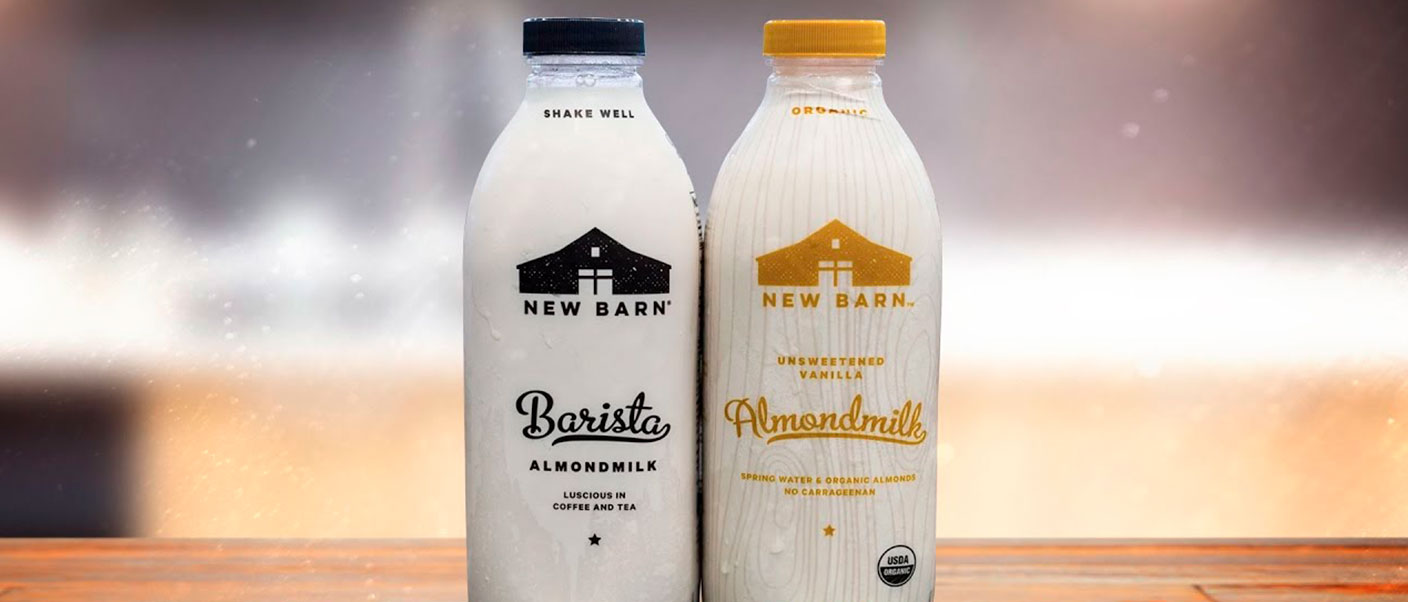
7. Kombuchas
Kombucha, a fermented drink, is becoming very fashionable and frequently consumed. It stands out as one of the healthy alternatives to and substitutes for sugary soft drinks.

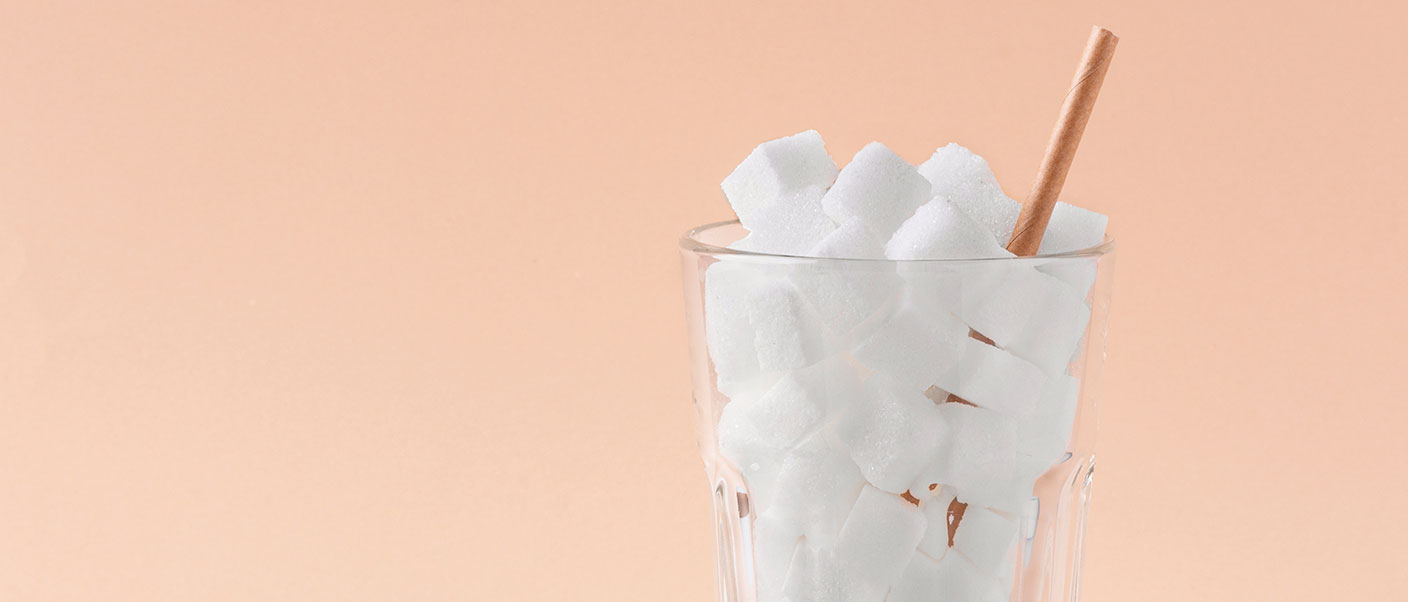



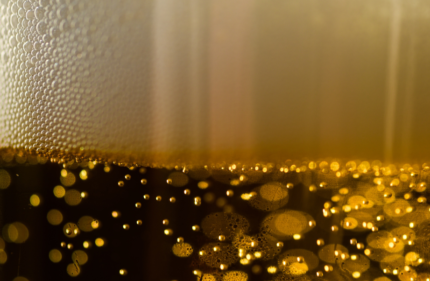
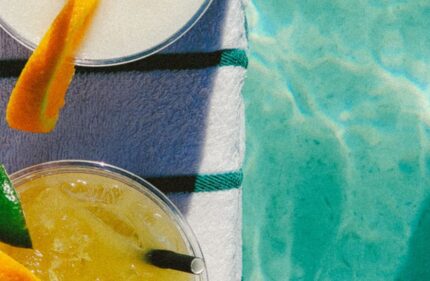
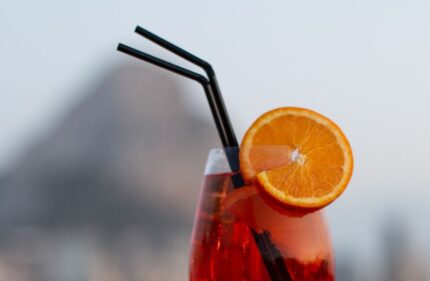
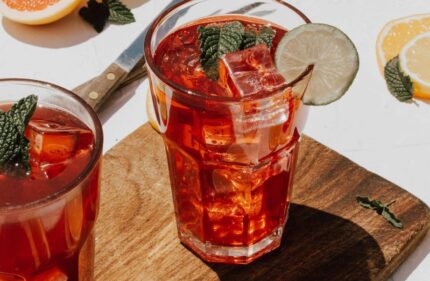
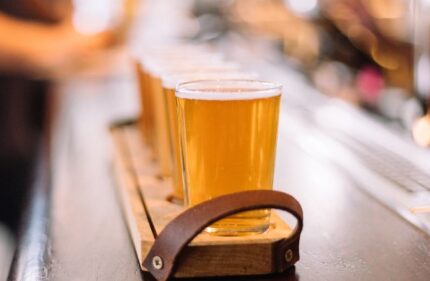
Comments